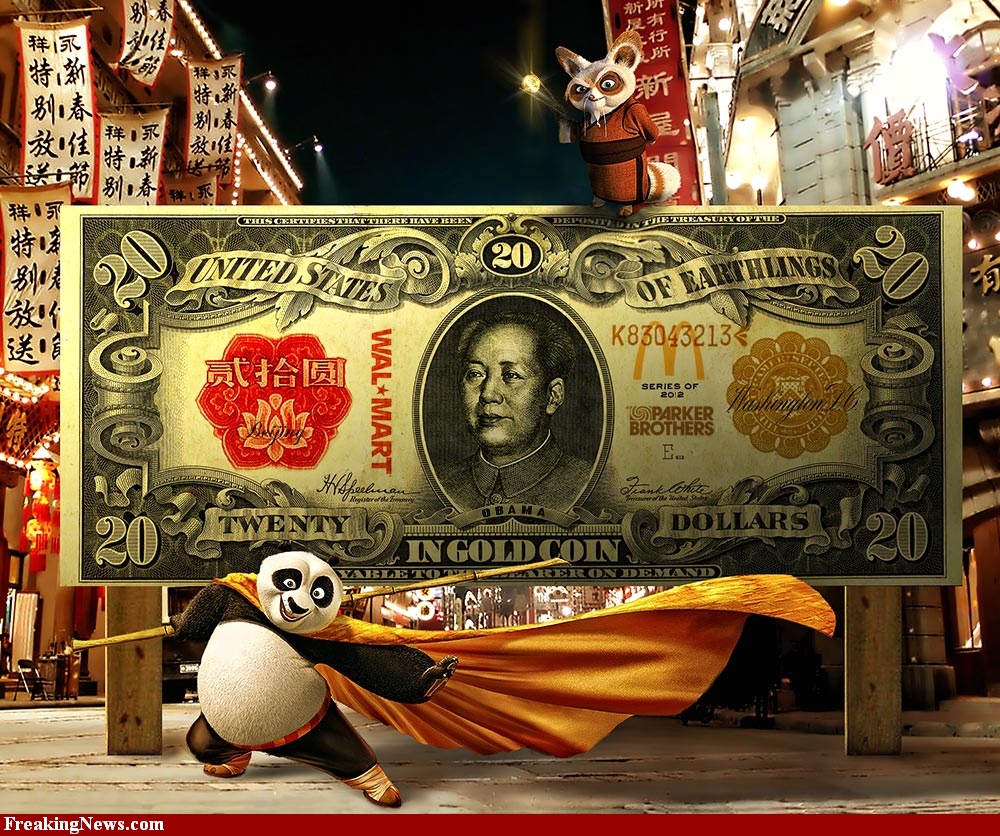Our fiscal failure eventually achieves the global rebalancing sought
 Friday, August 12, 2011 at 10:57AM
Friday, August 12, 2011 at 10:57AM 
FT op-ed by former senior Chinese central bank official.
The big lesson of the past few weeks, he says, is that China must end its dependency on the dollar.
China has run a current account surplus and a capital account surplus almost uninterruptedly for more than two decades. Inevitably this has led to an accumulation of foreign reserves. It is clear, however, that running these surpluses persistently is not in China’s best interests. A developing country, with per capita income ranking below the 100th in the world, lending to the world’s richest country for decades is not reasonable. Even worse is the fact that, as one of the largest foreign direct investment-absorbing countries in the world, China essentially lends money it borrowed at a high cost back to its creditors, by buying US Treasuries, rather than importing goods and services.
Internationalizing the yuan, stimulus packages, letting it rise slowly, bundling up all those bucks in sovereign wealth funds - nothing has really stopped the preciptious accumulation because the government remains committted to keeping the yuan low, seeing in inflation an unacceptable risk.
But by staying so married to the dollar, it runs the same risk extended, as the US will inevitably inflate its way out of a certain amount of its unsustainable debt.
As Yongding puts it, "The longer it continues, the more violent and destructive the final adjustment will be."
Of course, the same holds for the US in this game of chicken.
 China,
China,  US,
US,  global economy,
global economy,  globalization | in
globalization | in  Citation Post |
Citation Post |  Email Article |
Email Article |  Permalink |
Permalink |  Print Article
Print Article 









Reader Comments (2)
What will happen when the poor in china can no longer afford the basics (cooking oil, etc.) as a result of this "adjustment"?
Fareed Zakaria made the same point on his show this weekend. He compared it to "mutually assured distruction" to reverse the current practice in place over night.
Chinese state run media making U.S. the bad guy when it is w/in their own central bank's power to let yuan float. Of course, if they let it float, U.S. just buys it's junk from some some other developing country's pool of cheap manufacturing options. Causing their unemployment to raise, their economy to slow and leaving U.S. in need of someone new to buy our down graded debt.
It does not feel like U.S. is in the driver's seat on this one.